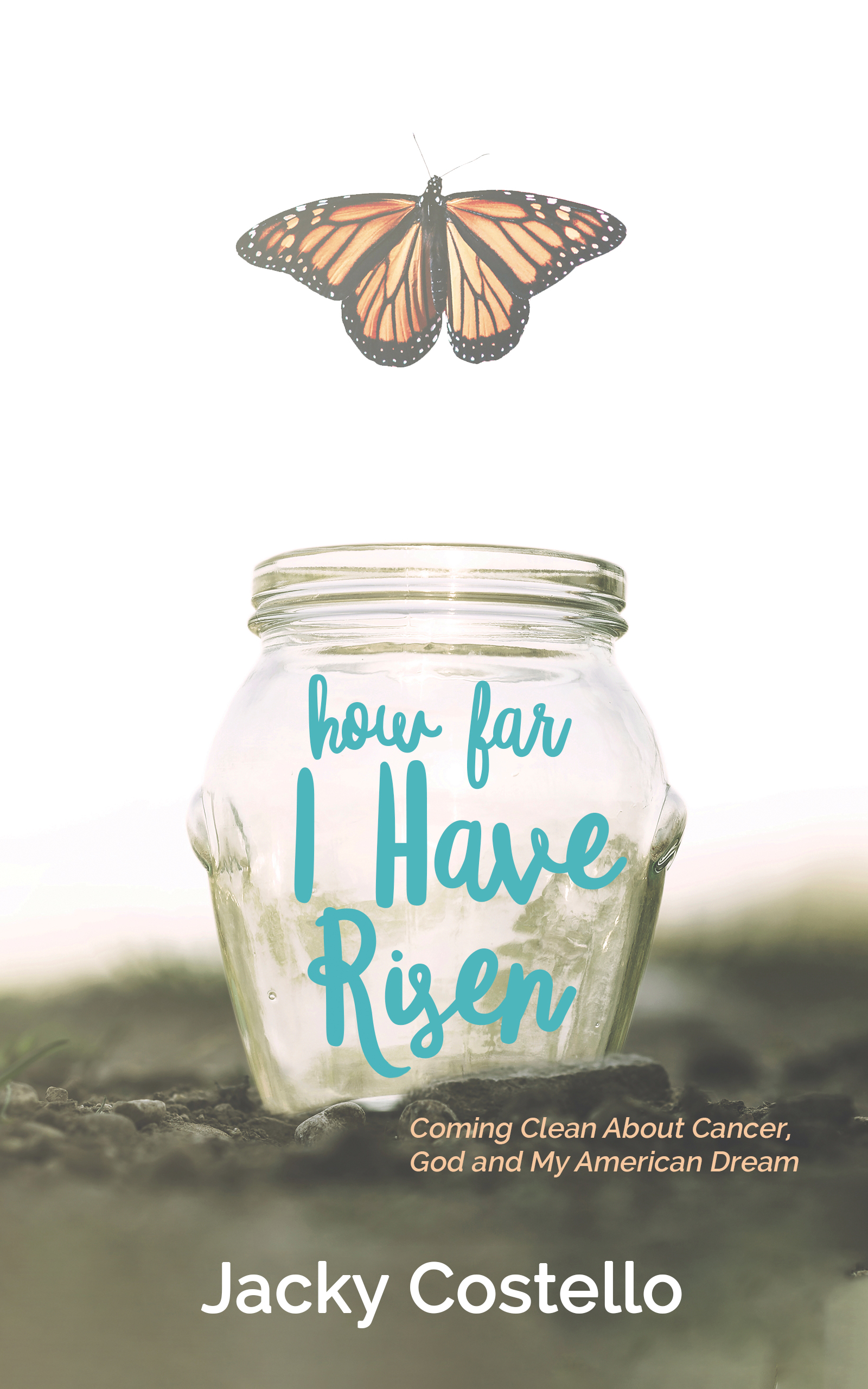IF I ASKED YOU WHAT THE COLOR WAS FOR LEUKIMIA OR BRAIN CANCER – WOULD YOU KNOW?
Many don’t know the answer simply because “pink” seems to be THE cancer color, especially in October where everything seems to be so pink you wonder if anyone still thinks of those battling other cancers. As a cervical cancer survivor my color is teal. Below you’ll find a list of cancer colors and which cancer they represent. If you miss a color, I’d love for you to reach out to me and let me know so I can add it.
If you are currently battling cancer please don’t quit. Keep fighting. I promise you there is light at the end of the tunnel. God bless.
Bladder cancer: Yellow, purple and navy blue
Bone cancer: yellow
Bone marrow transplant: green
Brain cancer: grey
Breast cancer: pink
Carcinoid syndrome: black and white zebra stripes
Cervical cancer: teal and white
Childhood cancer: gold
Colon cancer: dark blue
Colorectal cancer: dark blue
Endometrial cancer: peach
Esophageal cancer: light purple
Ewing’s sarcoma: yellow
Gallbladder cancer: green
Gastric cancer: periwinkle blue
Glioblastoma: gray
Gynecological cancer: purple
Head and neck cancer: burgundy and ivory, or red and white
Hodgkin lymphoma: violet
Kidney cancer: green or orange
Laryngeal cancer: burgundy and white
Leukemia: orange
Liver cancer: emerald or jade green
Lung cancer: pearl, clear or white
Lymphedema: light blue
Lymphoma (non-Hodgkin): lime green
Melanoma: black
Mesothelioma: pearl
Myeloma: burgundy
Myeloproliferative diseases: orange and red
Neuroendocrine cancers: black and white zebra-stripes
Oral cancer: burgundy and white
Osteosarcoma: yellow
Ovarian cancer: teal
Pancreatic cancer: purple
Pharyngeal cancer: burgundy and white
Prostate cancer: light blue
Rare diseases (including rare cancers): black and white zebra-stripes
Rectal cancer: blue
Retinoblastoma: white
Sarcoma: yellow
Skin cancer: black
Skin cancer (squamous cell carcinoma): red and white
Small intestine cancer: periwinkle blue
Testicular cancer: purple
Throat cancer: burgundy and white
Thyroid cancer: blue, pink, and teal
Uterine cancer: peach
Waldenstrom’s macroglobulinemia: pearl










